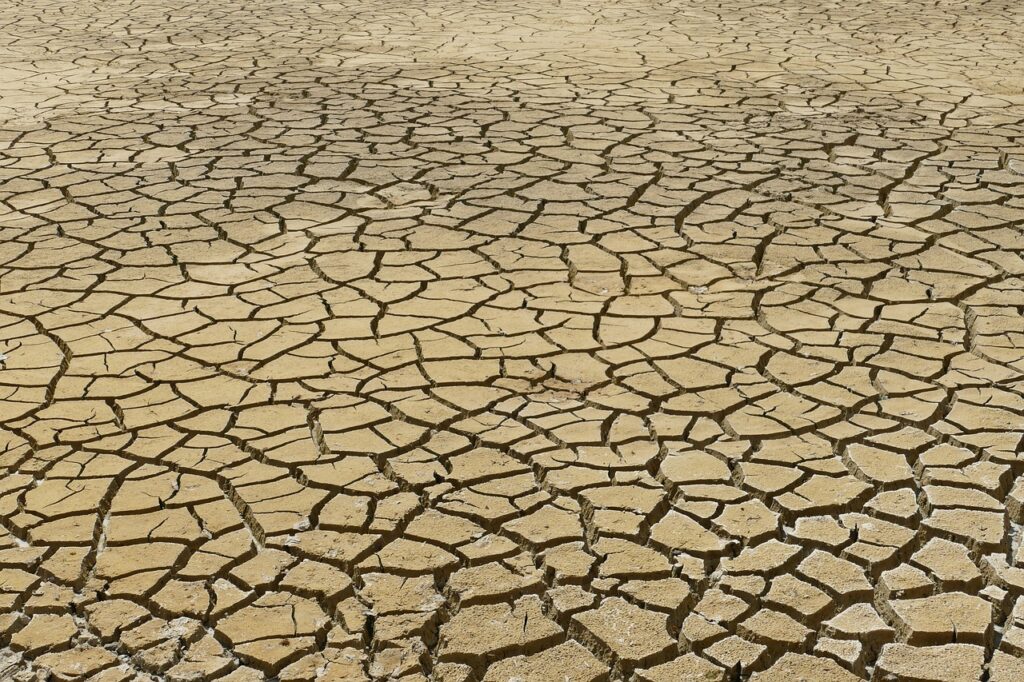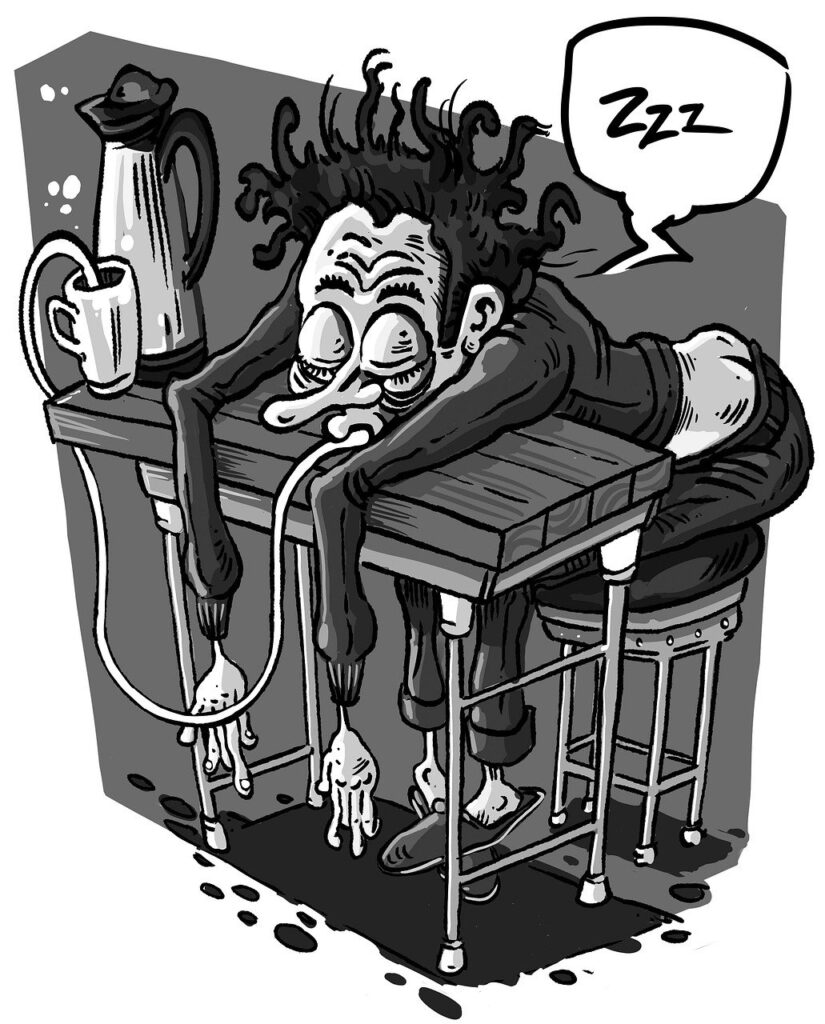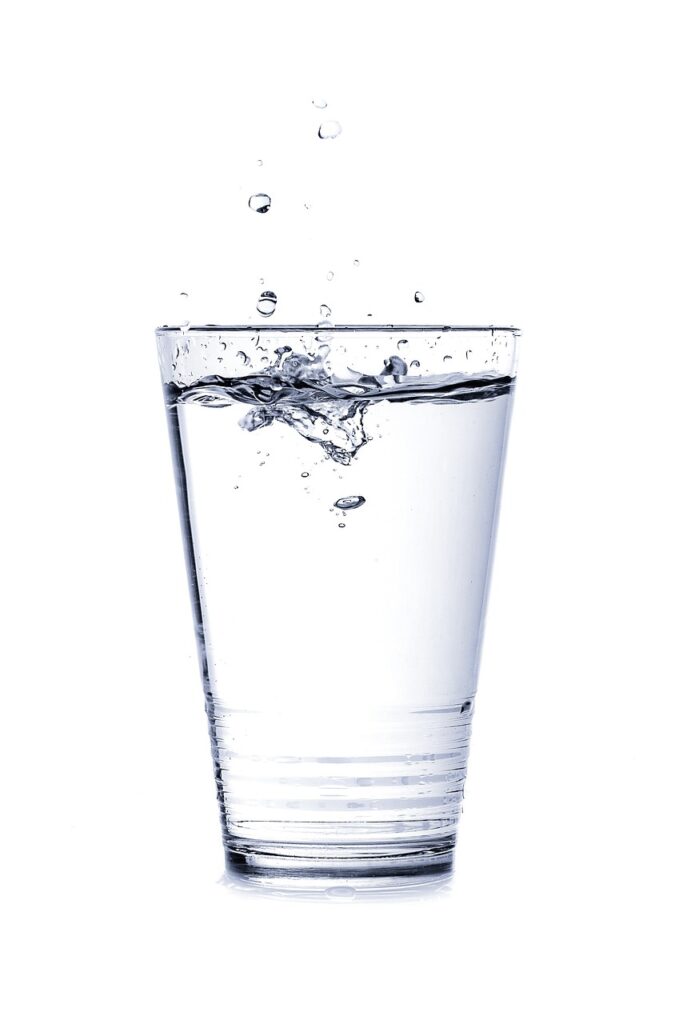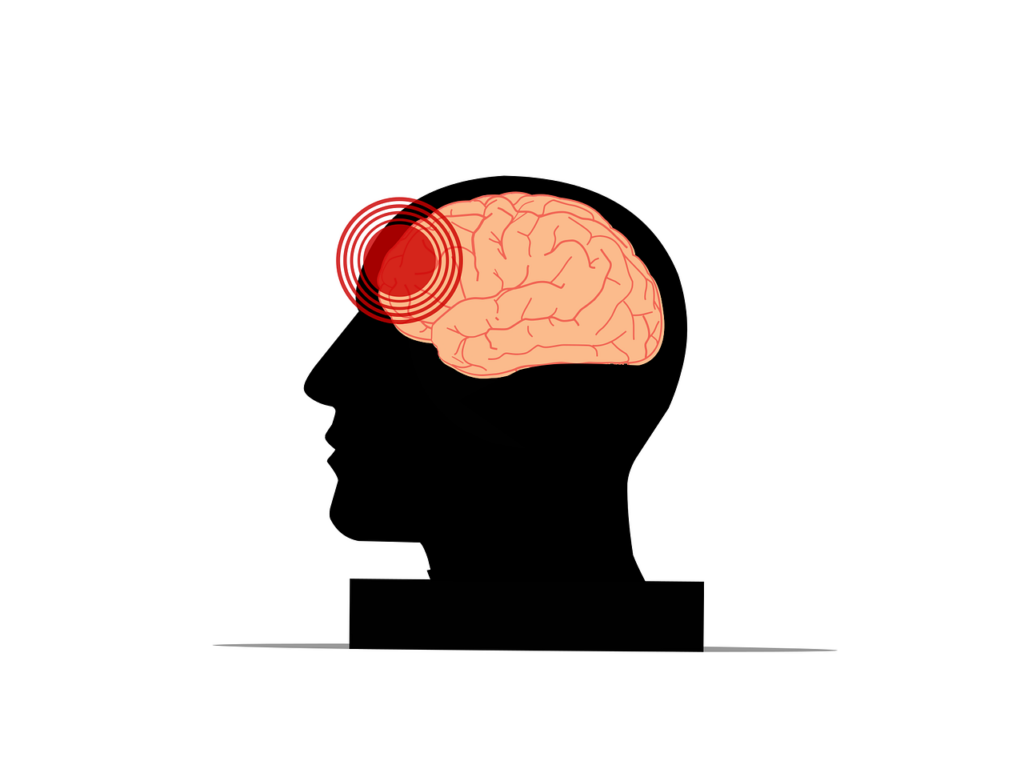Dehydration is Serious
Dehydration occurs when the body loses more fluid than it takes in. And it doesn’t have enough water and other fluids to carry out its normal functions. Furthermore, it can be caused by a variety of factors, including diarrhea, vomiting, fever, and sweating. Older adults are at a higher risk of dehydration due to the lower volume of water in their bodies. Also, the medications they take, could sometimes can increase the risk of dehydration.
Older Adults and Dehydration

Many older adults are more susceptible to dehydration for several reasons.
Dehydration risk factors in older adults
- A decline in total body fluid. As we age, the amount of fluid in our bodies begins to decrease. Here, this means there are fewer water reserves available for your body to use as you get older.
- Lowered thirst response. Feeling thirsty is your body’s way of letting you know you need water. However, because the thirst response becomes weaker with age, older adults may not know they need to drink.
- Decreased kidney function. The function of the kidneys can decline with age, meaning that more water may be lost through urination.
- Health conditions and medications. Some older adults have underlying health conditions or take medications. But, in some cases, these conditions or meds can lead to an increase in water loss through urination.
What can Cause Dehydration?
Dehydration can have a variety of causes. Below are some of the most common causes of dehydration in older adults:
- Heat exposure. Spending time in hot or humid conditions can lead to increased fluid loss through sweating.
- Illness. Being sick with symptoms like fever, vomiting, or diarrhea can cause dehydration.
- Mobility problems. It may be more difficult for older adults with mobility issues to be able to get water on their own.
- Underlying health conditions. Some underlying health conditions, such as diabetes or kidney disease, can cause you to lose more fluid than normal.
- Medications. A side effect of some medications may be increased urination, which can cause additional fluid loss. So then, some examples of medication that can cause increased urination include diuretics and certain blood pressure medications.
What are the Symptoms to Look out for?
Some common signs and symptoms of dehydration include:
- dry mouth
- tiredness or fatigue
- sunken eyes
- a decrease in urination
- urine that’s a darker color than normal
- muscle cramping
- feeling dizzy or lightheaded
More serious dehydration symptoms require immediate medical attention. These symptoms include:
- a rapid heart rate
- trouble with movement or walking
- confusion or disorientation
- fainting
- diarrhea or vomiting that lasts longer than 24 hours
If dehydration isn’t treated, it can lead to serious complications, such as:
- urinary and kidney problems, including urinary tract infections, kidney stones, and even kidney failure
- seizures due to low levels of potassium and sodium
- heat exhaustion or heatstroke
- hypovolemic shock is a life-threatening complication that causes a drop in blood pressure and oxygen levels due to low blood volume
What are the Treatment Options
Treatment for dehydration involves replacing the fluids that have been lost. For mild to moderate dehydration, this includes drinking water or other fluids, such as juices or broths.
Also, sometimes, vomiting or diarrhea can lead to a significant loss of electrolytes as well as water. Therefore, in these situations, drinking beverages that contain electrolytes may be helpful. Here, examples include sports drinks and Pedialyte.
However, hospitalization may be needed if dehydration is more severe, As a result, in this situation, fluids and electrolytes will be given intravenously.
Tips to Prevent Dehydration

If you’re an older adult, the following tips may help you stay well-hydrated:
- Try to drink water throughout the day. Similarly, other beverages that may also help with hydration include milk, flavored sparkling water, and fruit juices with low sugar. By the way, drink coffee and tea sparingly, as they can have diuretic effects.
- If it’s hard to drink too much liquid all at once, take small sips.
- Try to include foods in your diet that have higher water content. Therefore, some examples include watermelon, cucumber, celery, strawberries, and low-sodium broths or soups.
- If you don’t find water very appealing, try adding a slice or squeeze of lemon or lime to add flavor.
- Plan to drink more water if you’re going to be out in hot or humid conditions. Especially, for a prolonged period of time, or if you’re going to be exercising.
- If you’re ill with symptoms like fever, vomiting, or diarrhea, make sure to drink more fluids than normal.
- If you have an underlying health condition, speak with your doctor about your specific fluid and hydration needs.
If you’re also a caregiver for another older adult, you can do the following to help prevent dehydration:
- Remind them to hydrate throughout the day, especially during mealtimes and after exercise or exertion.
- Keep water in places where it’s accessible and easy to reach.
- Implement easier access to the bathroom if they’re concerned about not making it to the toilet in time after drinking fluids.
Severe Dehydration, Symptoms and Effects
For example, symptoms of severe dehydration include:
- Thirst. You may think that feeling thirsty is the first indication that you may become dehydrated. Consequently, the reverse is usually true: Your body starts to feel thirsty after dehydration has already started.
- Peeing less. In addition to feeling thirstier than usual, the signs of dehydration include less frequent urination and darker-colored urine.
- Not peeing. In short, it’s likely you’re severely dehydrated if you’re not urinating at all, and should get immediate medical attention.
- Not sweating. Without enough fluids to function normally, your body can start to overheat. In this case, this can quickly lead to heat-related illnesses, such as heat stroke and heat exhaustion.
- Headache and dizziness. Dizziness and lightheadedness are signs of mild or moderate dehydration. But, if those symptoms worsen and you have trouble concentrating and communicating, seek medical attention.
- Poor skin turgor. Poor turgor is when your skin takes longer to return to its original appearance after lightly pinching an area.
Severe dehydration can lead to brain damage and even death in some cases.
Older adults need to be especially mindful of staying hydrated as they may be less aware of when they’re thirsty and becoming dehydrated.
Donate
Pensioner Fitness Awards
THE BUSINESS CONCEPT, BEST IN BUSINESS AWARDS 2023
MOST INSPIRING SENIOR WELLNESS WEBSITE 2023
THE GLOBAL HEALTH AND PHARMA, FITNESS AND NUTRITION AWARDS 2023
BEST SENIOR FITNESS AND NUTRITION SPECIALIST 2023
In Conclusion
Did you know that the consequences of dehydration in elderly adults are often serious—more so than in younger people? Seniors also have more risk factors for becoming dehydrated. But here’s the good news: Dehydration can be easily prevented. Awareness is the first step in avoiding the health problems that can be caused by a lack of fluids. But many people don’t realize just how problematic dehydration can be for older adults—and how common it really is. Take a look at these facts:
- According to a review article in e-SPEN, the European e-Journal of Clinical Nutrition and Metabolism, one study showed that about 31 percent of long-term care patients were found to be dehydrated.
- Treating elderly people who are hospitalized for dehydration costs the medical system about $1.36 billion annually, according to an article in Nutrition and Healthy Aging.
- Dehydrated patients are six times more likely to die in the hospital than patients who are not dehydrated, according to a study in Age and Ageing.
Important Note *
Remember that everyone is different, it is ultimately YOUR RESPONSIBILITY to find what your body responds to. So please do your due diligence before trying anything new, including getting Medical Advice to ensure your safety and peace of mind.
Connect with me and leave a comment o




